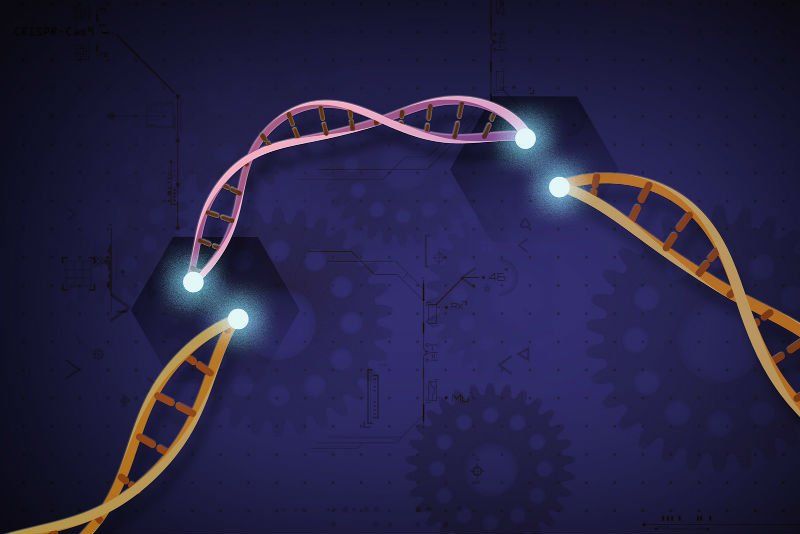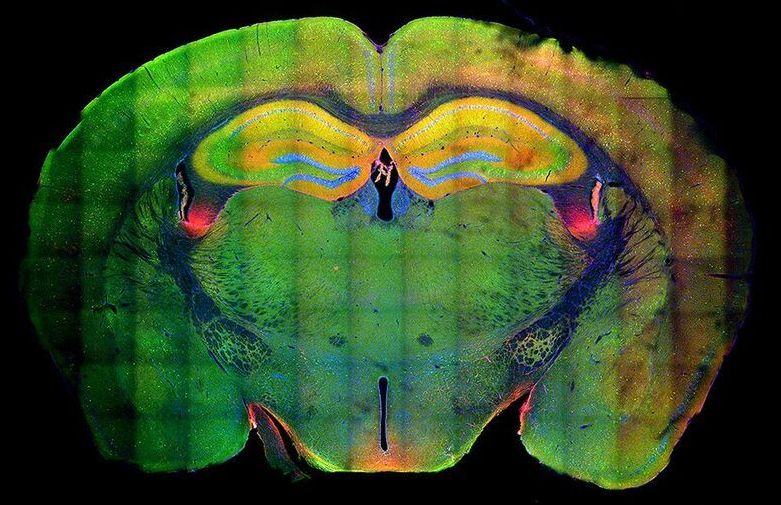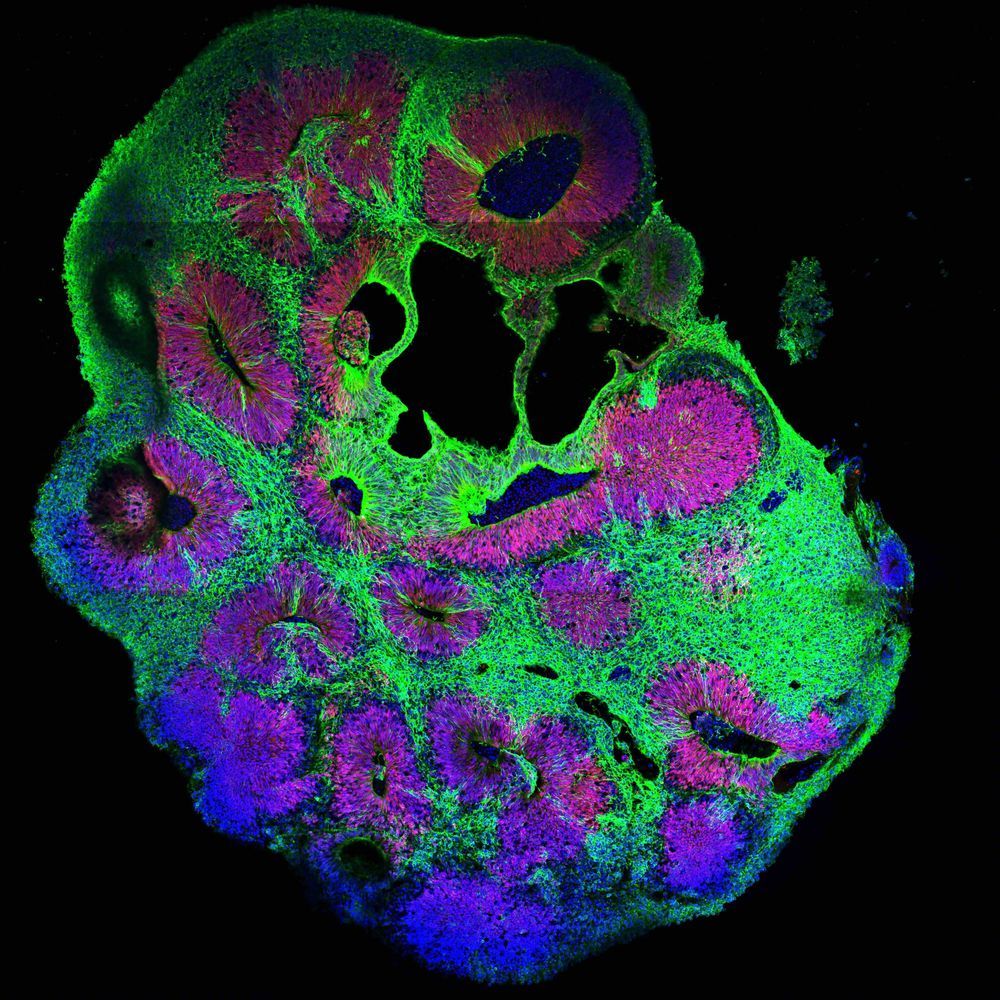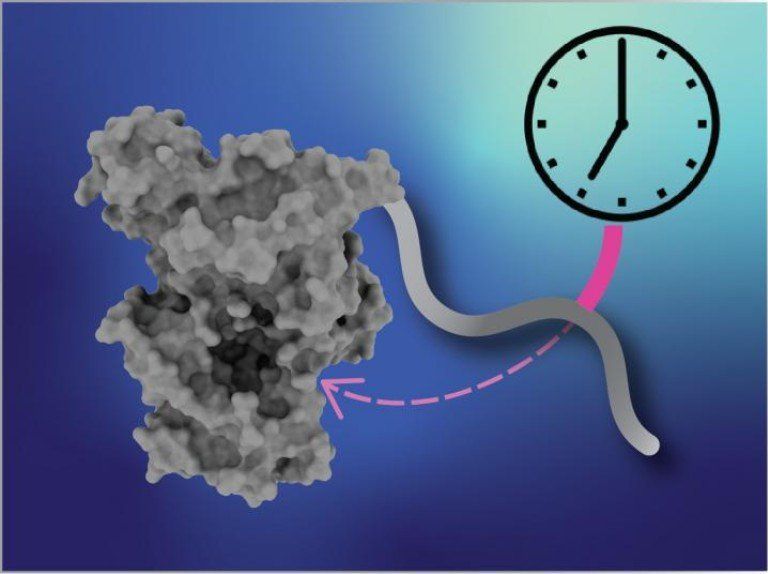In a review published in the journal *Science*, Jain and Steele Laboratories colleagues Hadi T. Nia, PhD, and Lance L. Munn, PhD, describe four distinct physical hallmarks of cancer that affect both cancer cells and the tumor microenvironment, contributing to both tumor growth and the development of resistance to powerful cancer drugs.
One widely accepted model of cancer holds that a normal cell goes rogue because of genetic mutations or an environmental insult. In this model, the altered cell starts replicating out of control and takes over normal tissues, displaying eight hallmarks that include the ability to promote and sustain the growth of tumors, evade immune system attempts to suppress growth, stimulate blood flow to tumors and both invade local tissues and metastasize (spread) elsewhere in the body.
But this model fails to take into account how physical processes affect tumor progression and treatment, say the authors. In addition to the aforementioned eight biological hallmarks of cancer proposed by Robert Weinberg, PhD, from MIT, and Douglas Hanahan, PhD, from the Swiss Federal Institute of Technology in Lausanne, Jain and colleagues propose adding four distinct physical hallmarks that capture the biomechanical abnormalities in tumors: elevated solid stress; elevated interstitial fluid pressure; increased stiffness and altered material properties; and altered tissue micro-architecture.
Three decades of research in the Steele Laboratories led to the discovery and clinical translation of the first two hallmarks. “Solid stresses are created as proliferating and migrating cells push and stretch solid components of the surrounding tissue. They are large enough to compress blood and lymphatic vessels in and around tumors, impairing blood flow and the delivery of oxygen, drugs and immune cells,” Jain says.
Elevated interstitial fluid pressure is caused by abnormally permeable blood vessels in tumors leaking blood plasma into tissues surrounding the tumor, and by insufficient drainage of lymphatic fluid. The interstitial fluid carries various growth factors with it, causing edema (swelling), elution (release) of drugs and growth factors, and facilitating cancer invasion of local and distant tissues.
Increased stiffness is caused by the deposition of cellular matrix (scaffolding) and remodeling of tissues. This stiffness has traditionally been used as a diagnostic marker for tumor growth, and more recently it has come to be recognized as a marker for prognosis. Increased stiffness activates signaling pathways that promote proliferation, invasiveness and metastasis of cancer cells, Jain explains.
“Finally, when normal tissue architecture is disrupted by cancer growth and invasion, micro-architecture is altered,” he says. “Stromal (supporting) cells, cancer cells and extracellular matrix adopt new organization. This changes the interactions between an individual cell and its surrounding matrix and cells, which affects signaling pathways associated with invasion and metastasis.”








